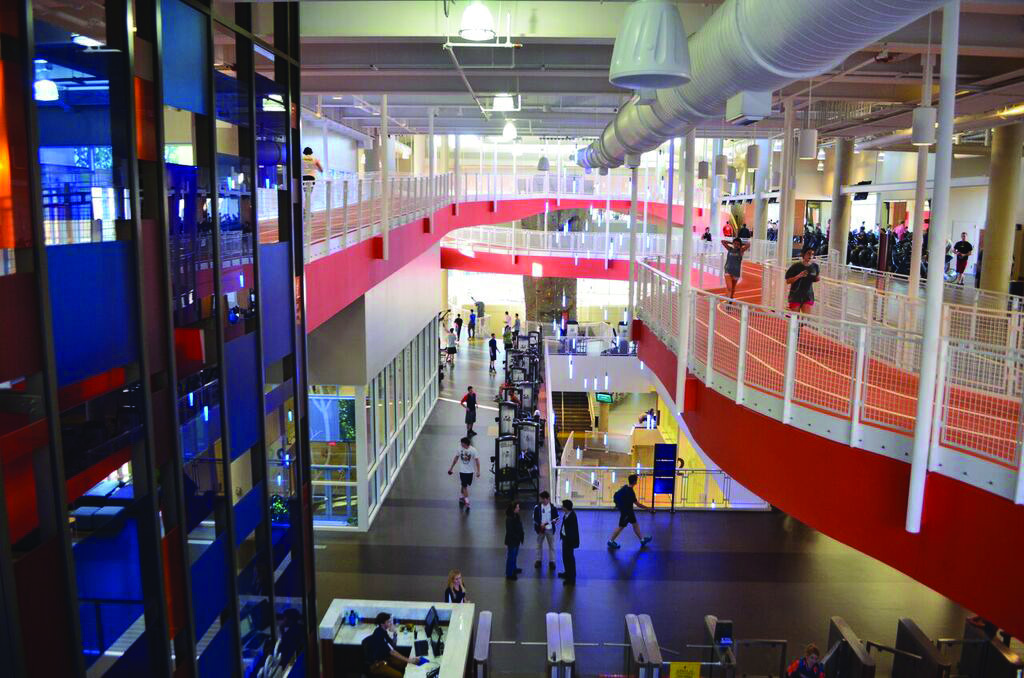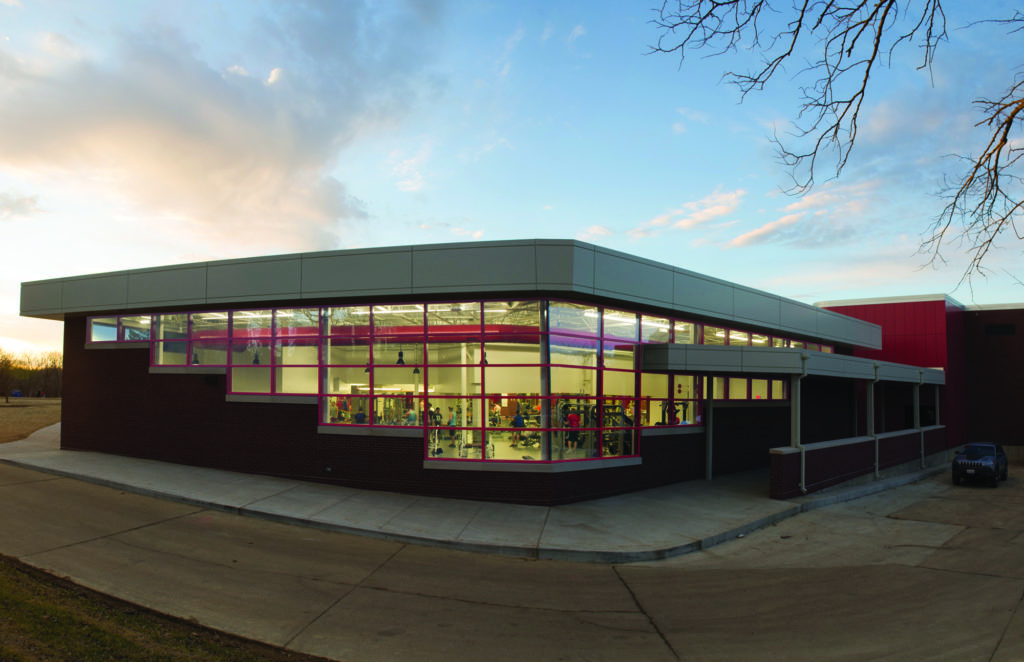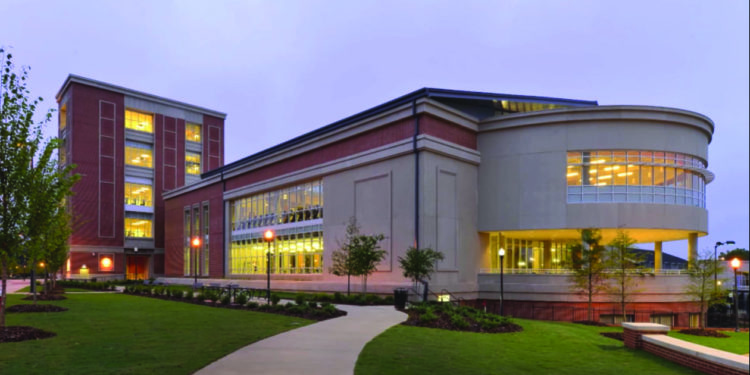Anyone who’s ever gone through a rec center construction project knows nothing ever goes as expected. Layouts change, dates get pushed back and budgets have to be adjusted. At the end of every big project, there are several renovation lessons you’ll never forget.
In each print issue, Campus Rec features a rec center doing something special on its campus and that usually involves an innovative renovation. And in every story, the recreation professional we spoke to had more than a few renovation lessons they gleaned from the experience.
Today, we hope to pass some of that knowledge to you. Below are some words of wisdom from experts in past editions of Campus Rec’s Building Blocks feature:

Cindy Cowden, Senior Associate Director of Campus Recreation
July/August issue
CC: The planning process can be long, confusing and frustrating at times. Likely, aspects of your “dream project” will be reduced or eliminated totally based on budget.
Be sure to fight the right battles for important elements that will impact operations and programming. Things like adequate HVAC, proper flooring for different activity space and adjustable lighting can all make a huge difference.
In five years post-renovation, there are a number of decisions we made that just haven’t worked exactly as planned. Even though you consult with students during the planning stages to gauge interest, the population and trends are ever-changing. Our students always have new ideas, and trends have led us to activities we could not have predicted in 2005.
Here’s my sillier takeaway: don’t use white walls. They might help lighten up the facility and look beautiful when you open, but try keeping 1,200 users a day from touching anything.

Scott Harper, Facilities and Operations Director
May/June issue
SH: Having a great construction management team is extremely helpful. We had Robins and Morton, and they were excellent.
Document, document, document. Document everything.
Having a seat at the table is extremely valuable — I’ve heard too many horror stories in our field about not being able to communicate department needs.
Study your drawings and documents to make sure you know what is going on. Trust your staff to do their part and let them help make the project great.
Let someone else tell you no. If you have an idea, share it. If you have a request, request it. When it’s time to make financial cuts, you will have a better idea of what you can and can’t have.
Make certain you have support of your upper administration — we did — or your project will not be very enjoyable.

Keith Becherer, Director of Campus Recreation
Southern Illinois University Edwardsville
March/April issue
KB: Oftentimes the tendency is to buy as much equipment and fill up the new space. We took the approach that we would acquire new pieces of equipment but still maintain open space that would allow us to monitor actual usage trends, stay flexible with layout and make future purchases to meet the ever changing needs of our students.










